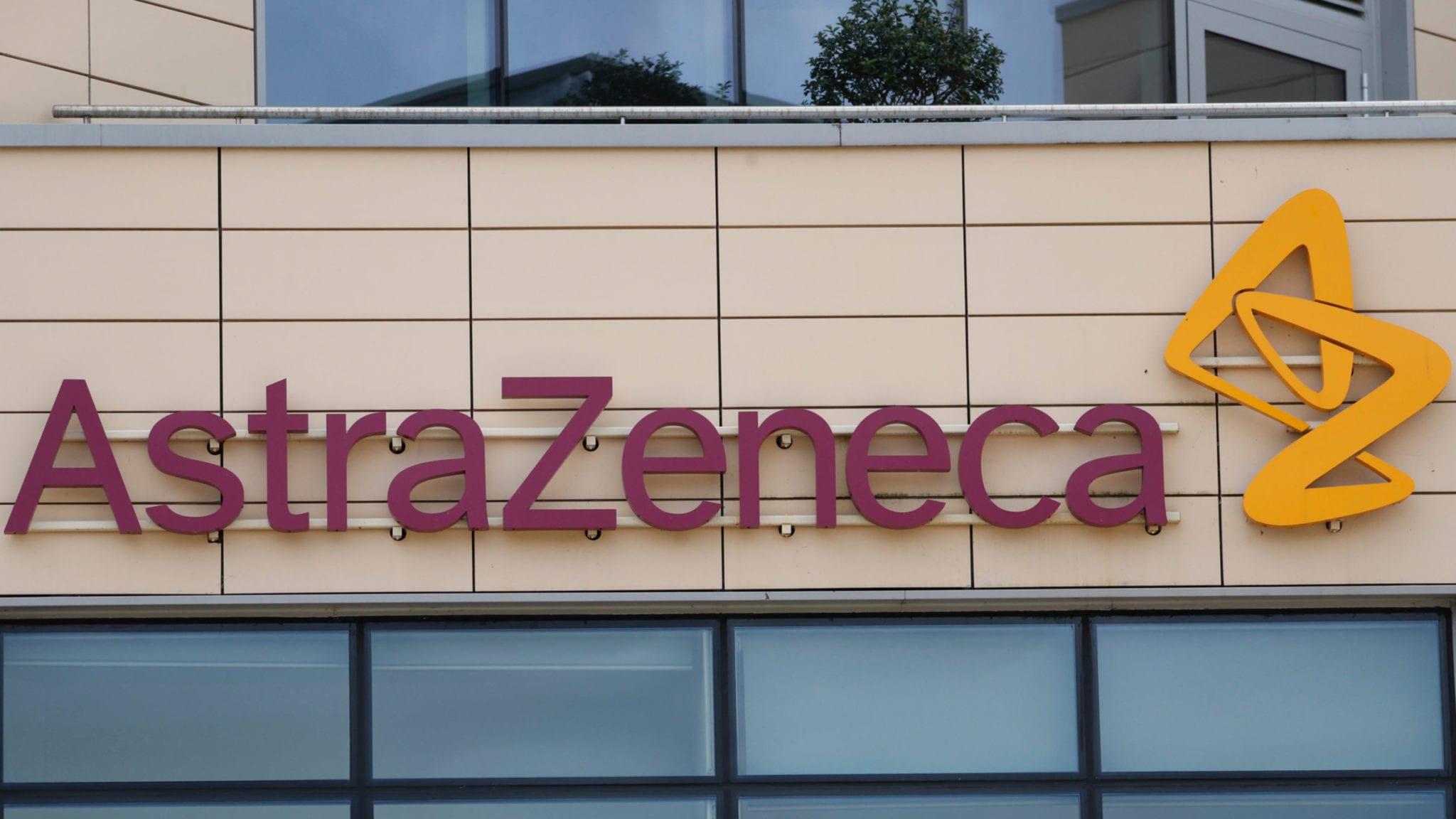
AstraZeneca publishes Covid-19 vaccine PhIII protocols in lockstep with Moderna and Pfizer. How are they different?
Following in the steps of Moderna and Pfizer, the other two American drugmakers currently in Phase III trials for their Covid-19 vaccines, AstraZeneca posted its …
Sign up to read this article for free.
Get free access to a limited number of articles, plus choose newsletters to get straight to your inbox.